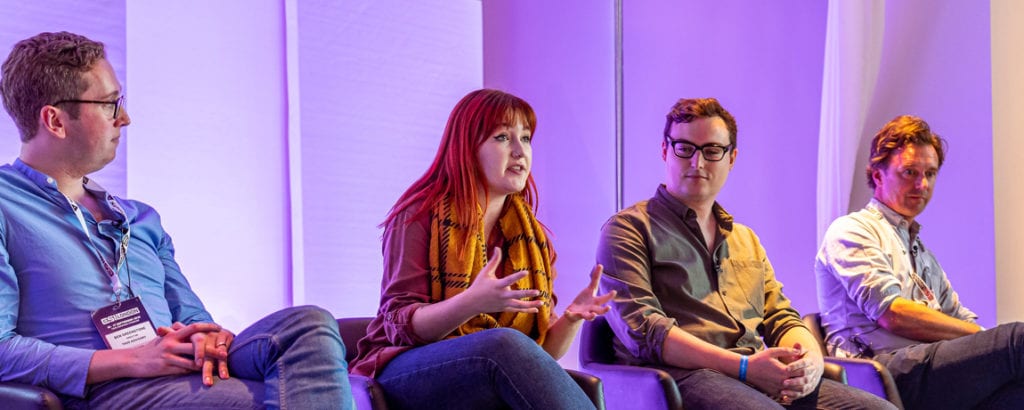Image credit: Jak Howard/Esports Insider on Flickr
2018 was undoubtedly a landmark year for UK esports, what with the Dota 2 Major ESL One Birmingham, the London CSGO FaceIT Major, government interest, London Spitfire’s OWL win and more.
But what has been done to build on the success and how can the UK industry work to ensure it’s not just a flash in the pan? That was the questioned posed by Esports Insider at its recent ESI London event at Twickenham Stadium.
The panellists were:
- Ben Greenstone, Director, Taso Advisory
- Heather Dower, Marketing and Communications Manager, ESL UK
- Clement Murphy, Marketing Manager, FACEIT
- Daniel Wood, COO, UKIE
- (Moderator) Dom Sacco, ENUK founder/British Esports content director
We’ve picked our choice quotes and highlights from the talk below:
‘The appetite for grassroots esports has never been higher’
Dan Wood from Ukie spoke about the trade body’s Digital Schoolhouse initiative (which has just announced its schools tournament is focusing on Smash Bros). He said: “In terms of grassroots esports, we’ve certainly never seen more demand [than we are now]. The only thing holding that back is supply of kit. Last year saw it snowball and I think every event that happened acted as another shop window for esports.”
‘The idea of UK being behind other countries in the past is a myth’
ESL’s Heather Dower said: “There’s a myth that the UK has been behind in the industry in terms of player development and sometimes I think we score the industry on the wrong metrics.
“Many years ago there were some amazing UK players in titles that aren’t competitive now. The UK was certainly leading the way, some things die down and grow back up.”
The UK has a dedicated and passionate audience
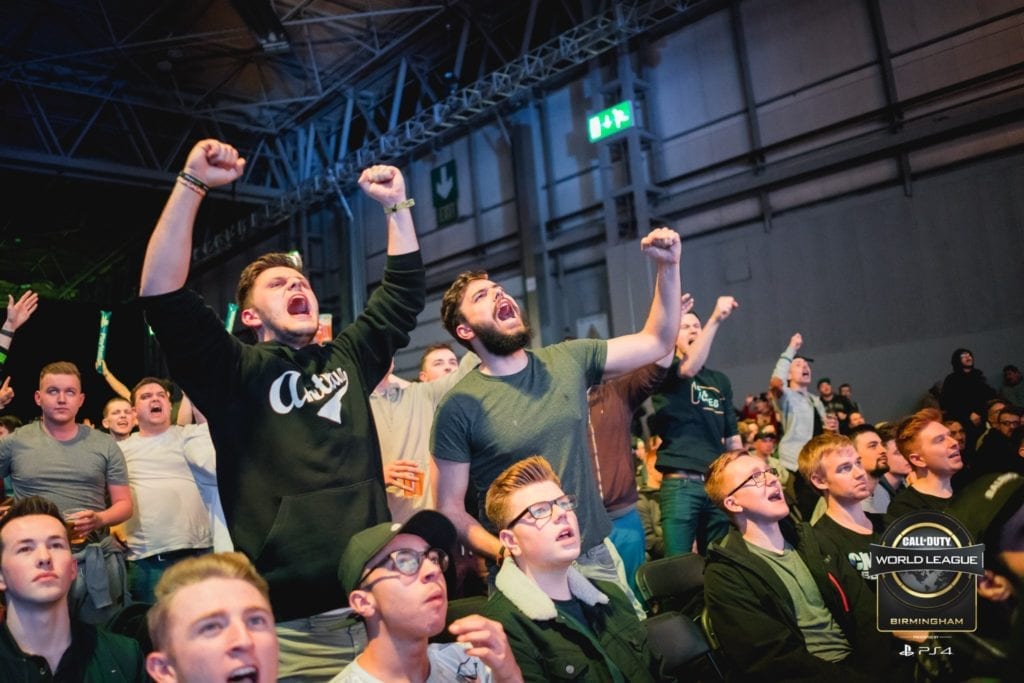
FaceIT’s Clement Murphy made the point that the UK has a passionate fanbase that can be tapped into.
He said: “We’ve seen great shots from all sorts of events, like the London Major and the Birmingham Major, of UK fans showing up and making the broadcasts seem colourful, full of noise, full of passion – drinking and having a good time – that atmosphere is something we do well across sports as well. The passion and dedication is there.”
Heather added: “The figures and the facts are there – the UK audience is the second largest in Europe to travel out of the UK and go to European esports events. The culture of going to live events is there, we just needed more. I think 2019 and onwards is going to be super exciting for us and the industry.”
Government support
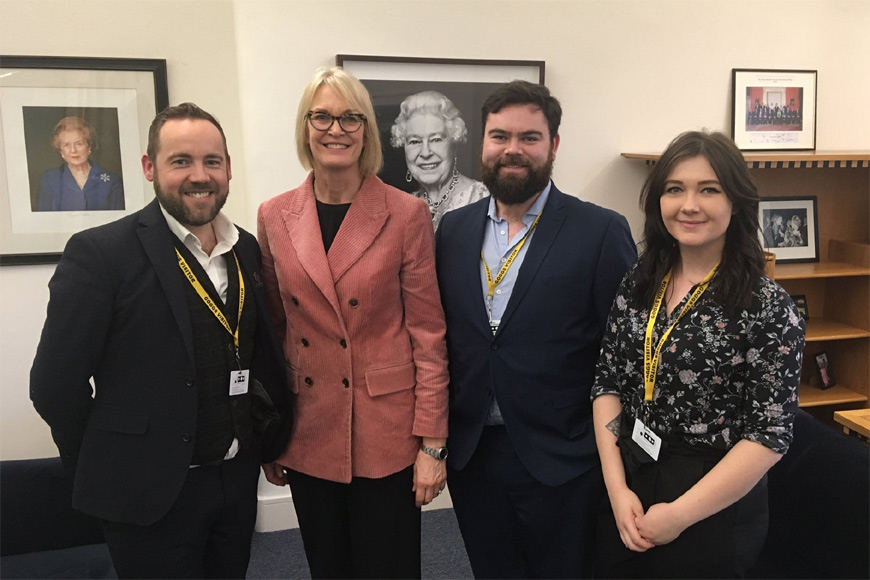
The panel spoke about the way the UK Government has started to show an interest in esports and support it.
For example, Margot James the outgoing DCMS minister’s support of events, teams and things like the £4m of government funding going towards Weavr, a consortium led by ESL UK set up to research and create new ‘immersive audience experiences’ for esports fans.
Clement mentioned Denmark’s support of esports and Heather recalled the Mayor of Katowice’s support at IEM.
They hope to see continued support from government in the future and that is something we can look forward to.
‘Esports is a good counter to reputational threats in games industry’
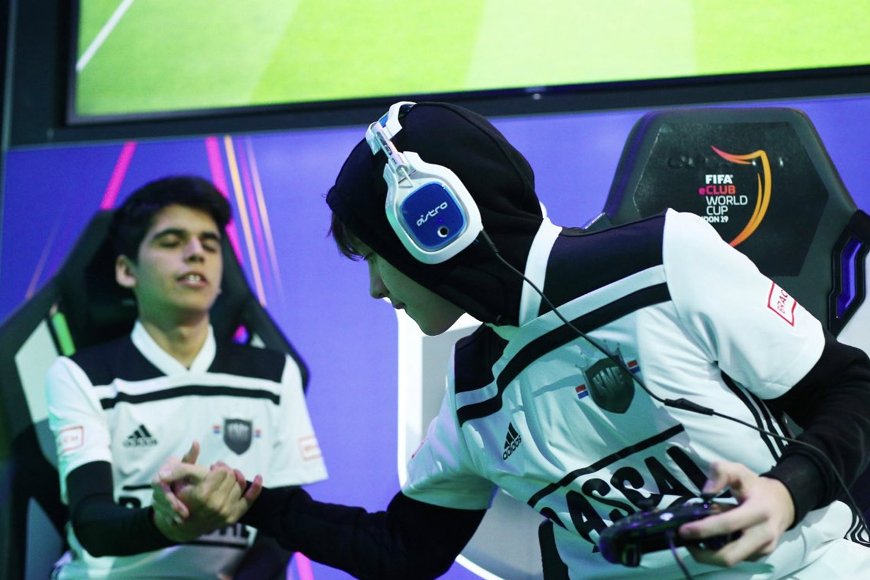
Games have been under fire over the past year or so, whether it’s the industry dealing with the World Health Organisation recognising gaming disorder as a disease, or things like a DCMS parliamentary committee’s recent report into ‘addictive technologies’ and its recommendation to ban the sale of loot boxes to children.
Dan Wood said the positives of esports, such as the careers it offers, the social aspects and more, are a good counter to the reputational threats in the games industry.
Clement Murphy also spoke about the UK’s success at the Fortnite World Cup and the headlines generated about UK player Wolfiez winning over $1m, while Dan said it also generated some negative headlines about the amount of time a pro player practices.
Ben Greenstone said he’d like to see the industry shouting more about the positives.
Regulation was also discussed. Heather added that a balance needs to be struck: “We have a duty of care to ensure that no harm is done, but also [for us and the community] to have fun and enjoy what we love and be a model country for the industry.”
‘I hope Brexit doesn’t have a destructive effect’
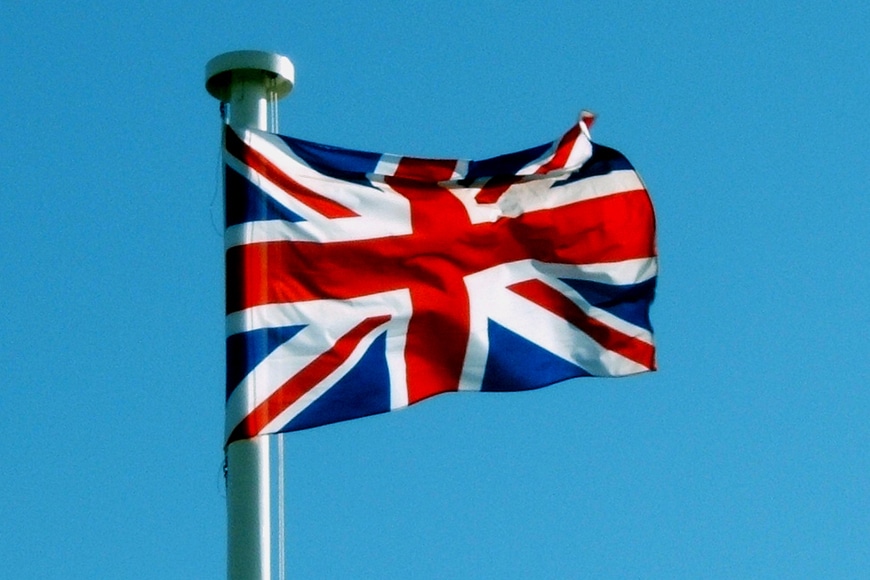
Clement Murphy brought up this important topic.
“I hope it doesn’t have too much of a destructive effect,” he said. “We’ve already seen conversations that publishers and others are reluctant to award events to British companies or to be hosted in British cities.
“The Overwatch League and CoD League has homestands next year and we want that to be the focus rather than anything destructive or negative.”
Other highlights
- Clement Murphy said the UK could be doing more to reach out to publishers and make the UK an attractive destination for top events
- Ben Greenstone would like the UK industry to work more closely and talk about the sector positively together
- Heather spoke about the hurdles around getting more females working in esports, and encouraged people and brands in esports to be as inclusive as possible
- Clement and Heather had the last word and made a good point about the importance of diversifying the revenue streams in esports and reviewing business models to make sure it’s sustainable
You can check out more info on ESI’s next London conference event, the Autumn Forum, here

Dom is an award-winning writer and finalist of the Esports Journalist of the Year 2023 award. He has almost two decades of experience in journalism, and left Esports News UK in June 2025.
As a long-time gamer having first picked up the NES controller in the late ’80s, he has written for a range of publications including GamesTM, Nintendo Official Magazine, industry publication MCV and others. He also previously worked as head of content for the British Esports Federation.

